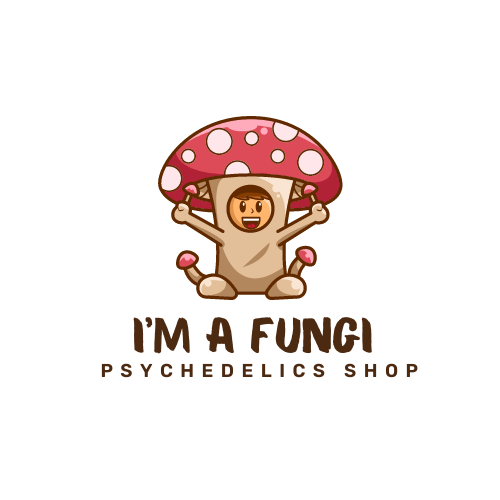BLOG
Embracing Psychedelic Healing: Arizona’s Push to Legalize Psilocybin Mushrooms for Mental Health

Introduction
In recent years, a transformative wave has swept across the field of mental health treatment, with a particular focus on psychedelic substances like psilocybin mushrooms. Arizona, known for its progressive stance on various issues, is now at the forefront of a movement to legalize psilocybin mushrooms for mental health purposes. This article explores the evolving landscape of psychedelic medicine, the current status of psilocybin in Arizona, and the potential impact on mental health treatment.
The Psychedelic Renaissance
The renaissance of psychedelic research has ushered in a new era of understanding and acceptance of substances like psilocybin, the active compound in magic mushrooms. Studies have shown promising results in the treatment of various mental health conditions, including depression, anxiety, PTSD, and addiction. As a result, a growing number of states are reconsidering their stance on these substances.
Arizona’s Progressive Stance
Known for its forward-thinking approach, Arizona has been a trailblazer in adopting progressive policies. The state’s residents have witnessed the positive effects of medical marijuana legalization, and this success has fueled interest in exploring the therapeutic potential of other psychedelics. Psilocybin, with its demonstrated benefits in clinical settings, has captured the attention of policymakers and mental health advocates in Arizona.
Current Legal Landscape
As of [current year], psilocybin remains illegal for recreational use in Arizona. However, there is a burgeoning movement advocating for its legalization for therapeutic purposes. This effort aligns with the growing acknowledgment of the need for alternative and innovative approaches to mental health care.
The Mental Health Crisis
Arizona, like many other states, faces a significant mental health crisis characterized by rising rates of depression, anxiety, and substance abuse. Traditional treatment approaches have shown limitations, prompting a search for novel interventions that can address the root causes of these mental health challenges.
Psilocybin-Assisted Therapy
Research has demonstrated that psilocybin, when administered in a controlled and therapeutic setting, can induce profound and positive changes in individuals struggling with mental health issues. Psilocybin-assisted therapy involves guided sessions where individuals experience an altered state of consciousness, facilitating introspection and emotional release. Many participants report sustained improvements in mood, cognition, and overall well-being.
Public Opinion and Support
Public opinion in Arizona seems to be shifting in favor of exploring alternative therapies, including psilocybin-assisted treatment. Advocacy groups and mental health professionals are actively engaging with the public to destigmatize psychedelics and highlight their potential as tools for healing.
Challenges and Considerations
While the movement to legalize psilocybin for mental health gains momentum, there are challenges and considerations to address. These include developing regulatory frameworks, ensuring accessibility while mitigating risks, and educating the public and healthcare professionals about the responsible use of psychedelics.
Conclusion
Arizona’s push to legalize psilocybin mushrooms for mental health reflects a broader shift toward embracing alternative and effective treatments. As the state navigates the complexities of changing legal landscapes and societal perceptions, the potential benefits for individuals struggling with mental health issues could be transformative. The journey toward legalization signifies a commitment to exploring innovative solutions and redefining mental health care in the 21st century.
